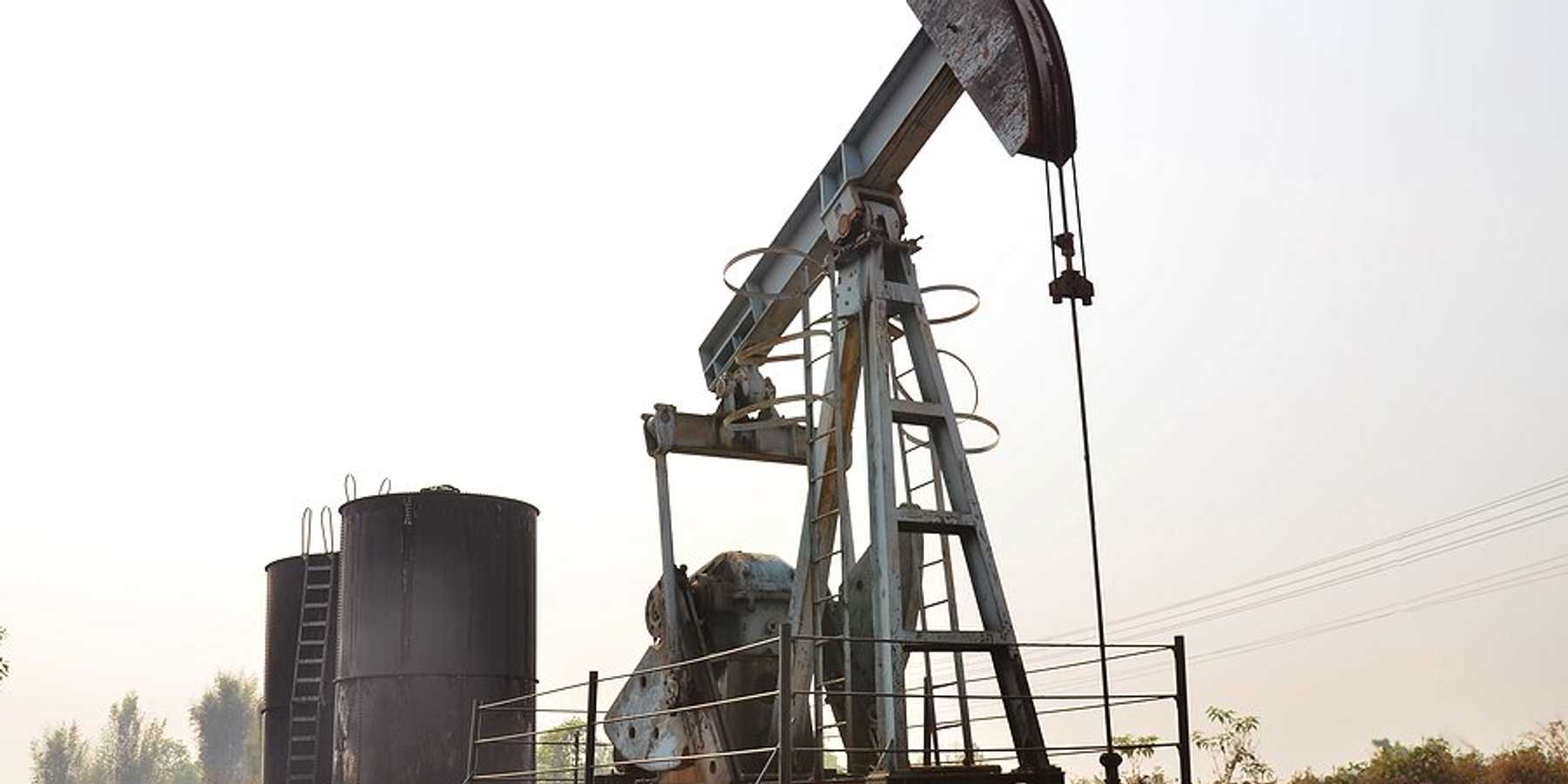
Interior Department drops wildlife and historic site reviews for orphaned well cleanups
The U.S. Interior Department will no longer require endangered species or historic preservation reviews for states using federal grants to plug abandoned oil and gas wells, a change that could speed cleanups but raises legal questions.
Ian M. Stevenson reports for E&E News.
In short:
- The Trump administration ruled that orphaned well cleanup grants are not subject to the Endangered Species Act or National Historic Preservation Act, removing a step states had previously been required to take.
- Legal experts question the decision’s basis, warning states could face lawsuits if federally funded projects harm endangered species without protective permits.
- States with large numbers of abandoned wells, including Texas and Pennsylvania, welcomed the change, citing faster work and fewer administrative delays.
Key quote:
“Starting a reckless race to plug oil and gas wells at the expense of endangered species and historic sites only adds insult to injury. A better approach is making sure these companies pay to quickly and responsibly clean up the messes they created so Americans don’t get stuck with the bill.”
— Hollin Kretzmann, senior attorney at the Center for Biological Diversity
Why this matters:
Orphaned oil and gas wells are a major source of methane emissions, leaking a potent greenhouse gas linked to climate change. They can also contaminate groundwater and soil, posing long-term health and environmental risks to surrounding communities. Removing environmental and historic preservation reviews may allow faster plugging, but it also reduces oversight intended to protect wildlife habitats and cultural landmarks. With hundreds of thousands of wells already documented — and potentially a million more undiscovered — the scale of the cleanup effort is vast. Decisions about how to balance speed with safeguards will shape not only climate and conservation outcomes, but also the financial and legal liabilities borne by states and taxpayers.













